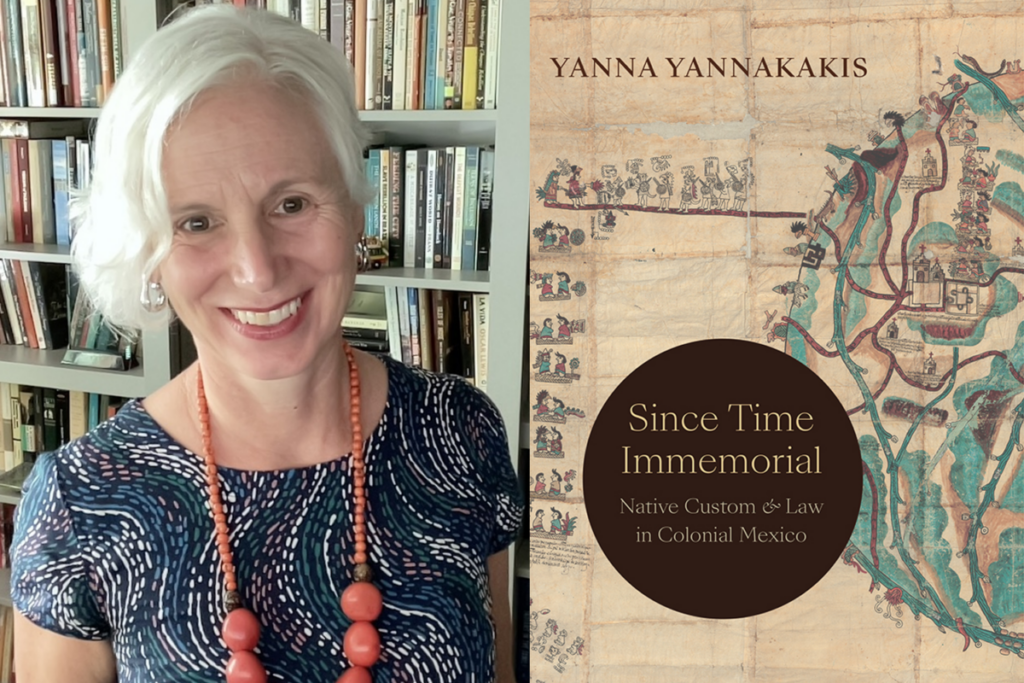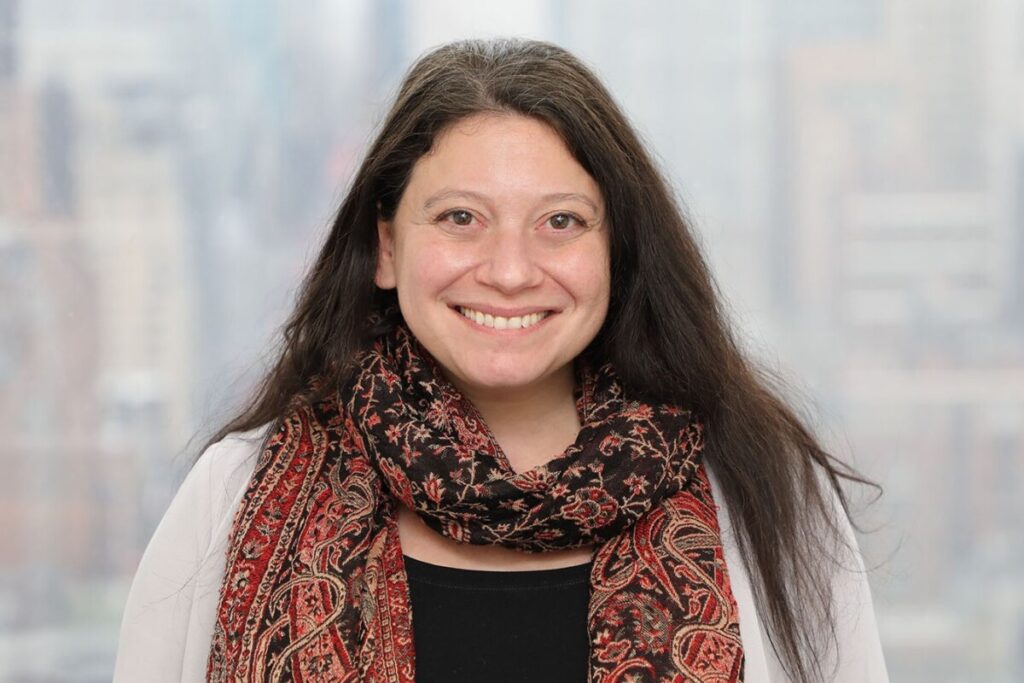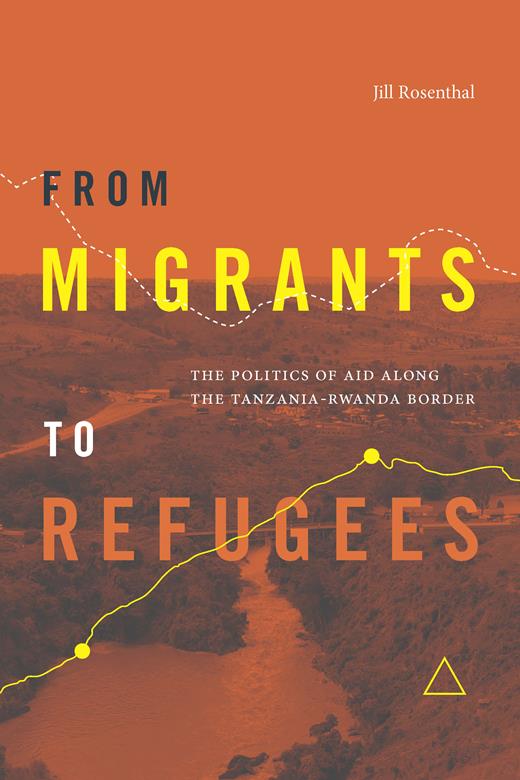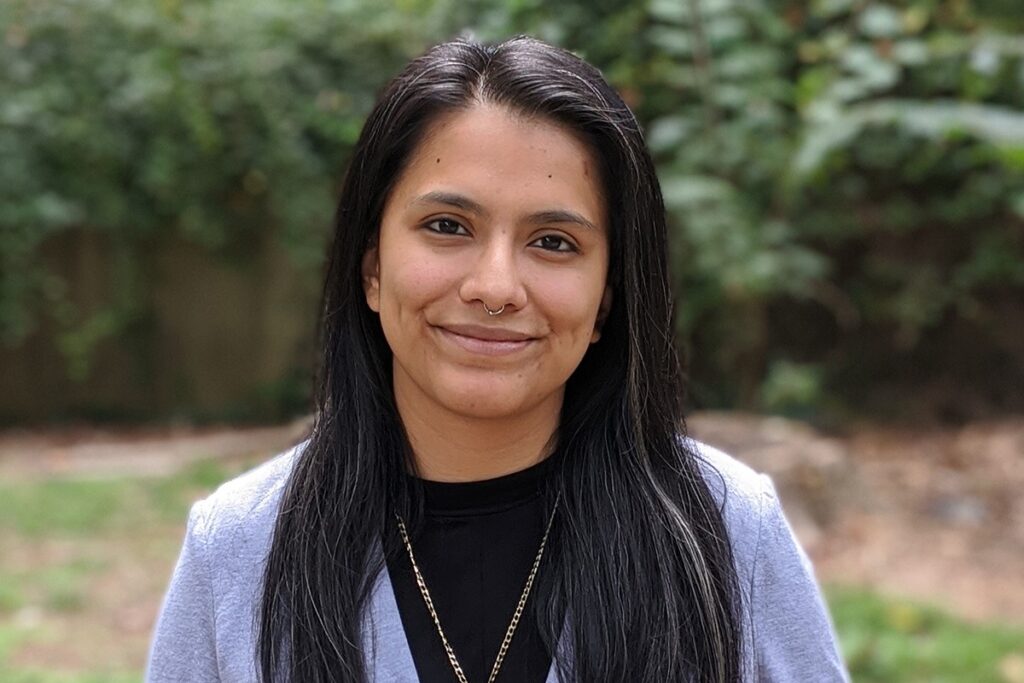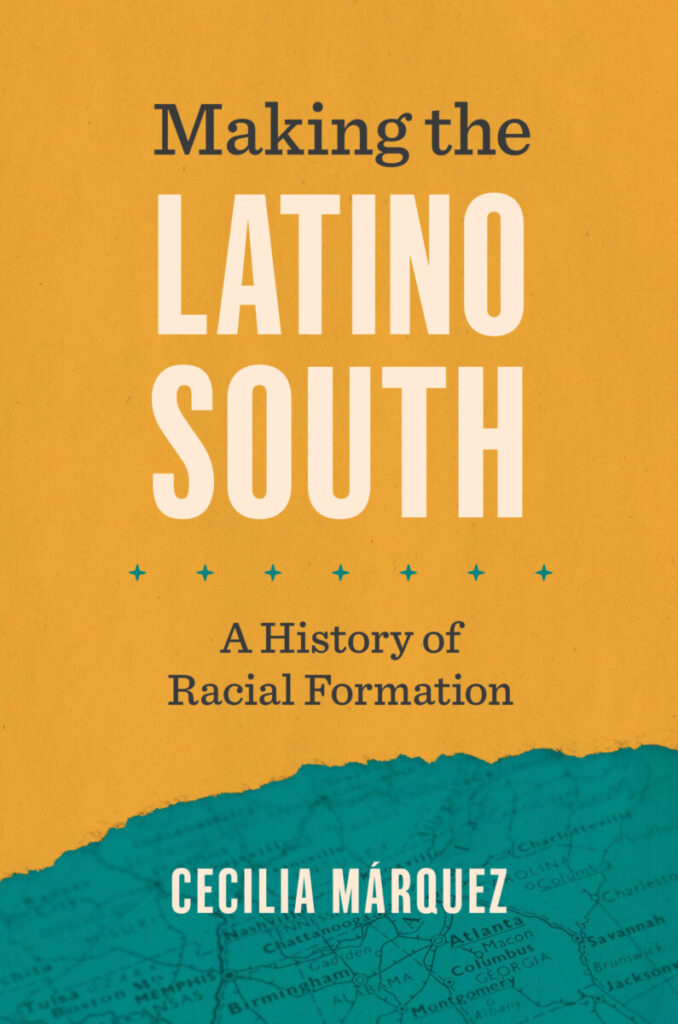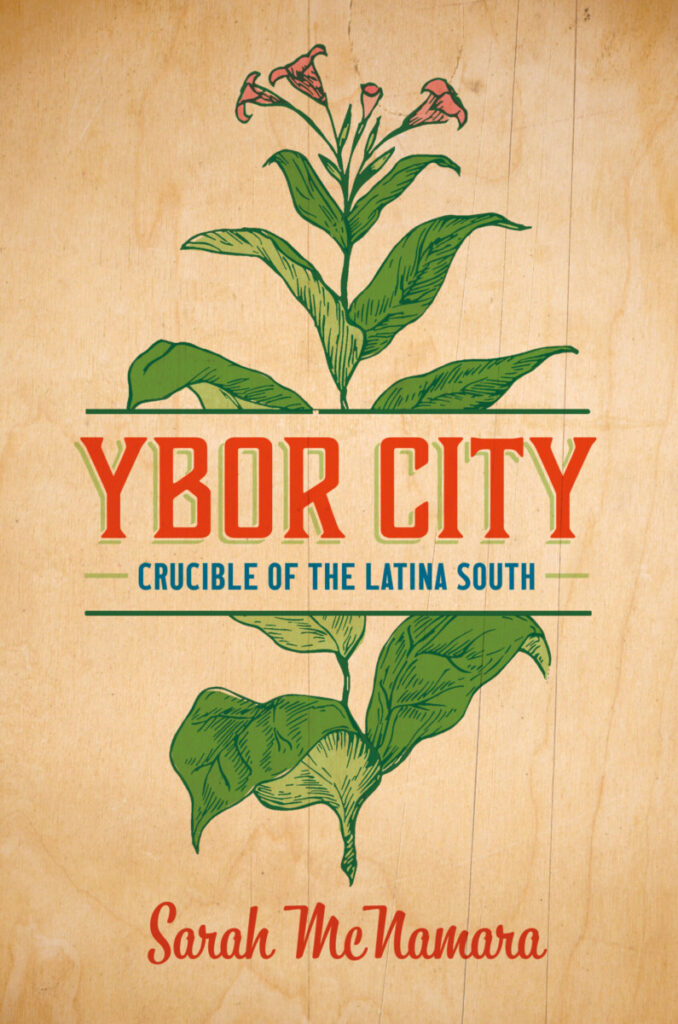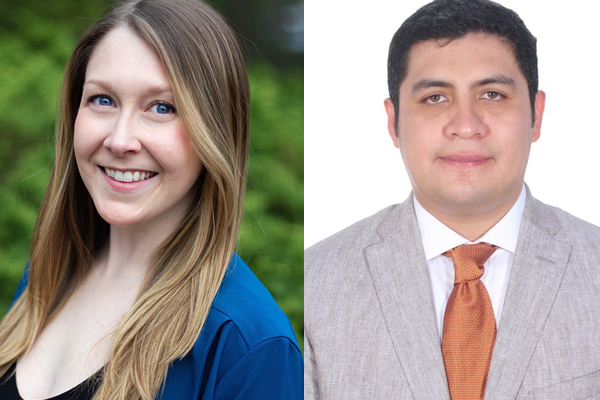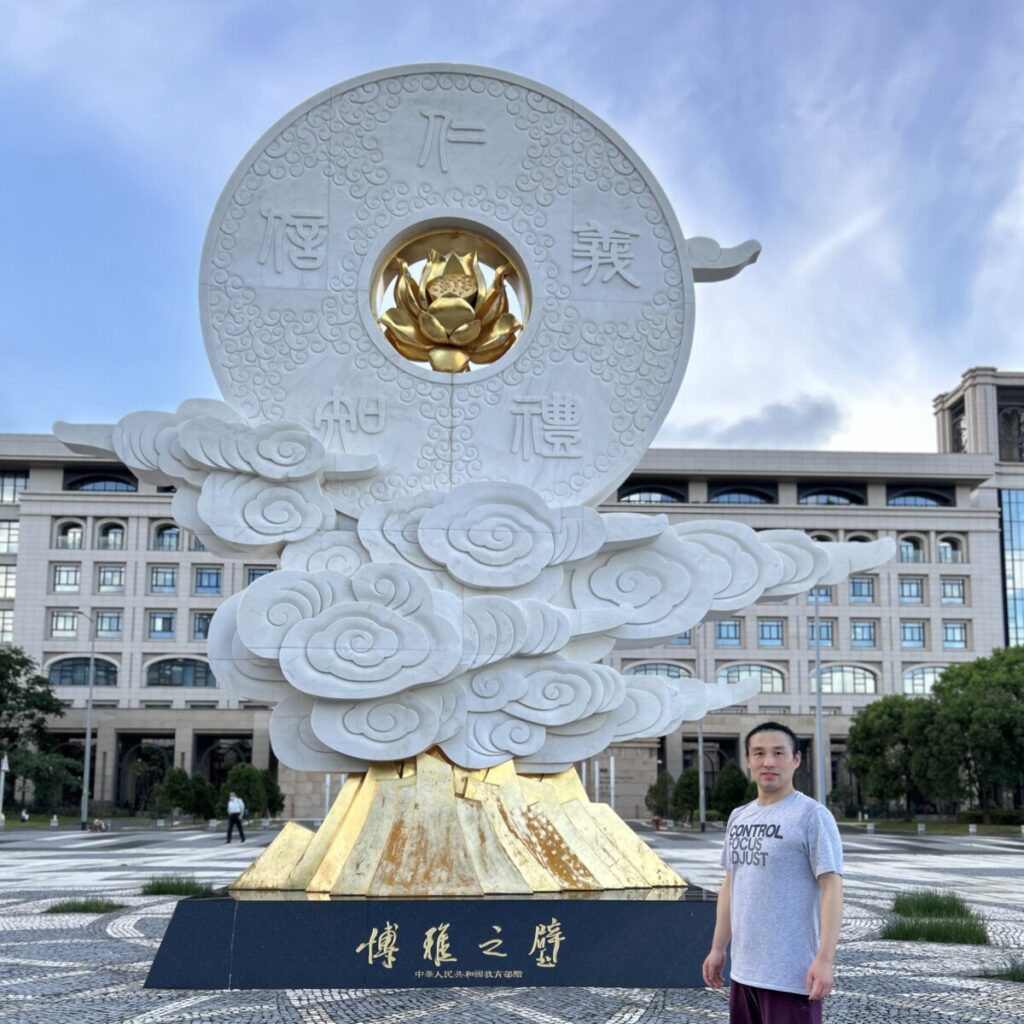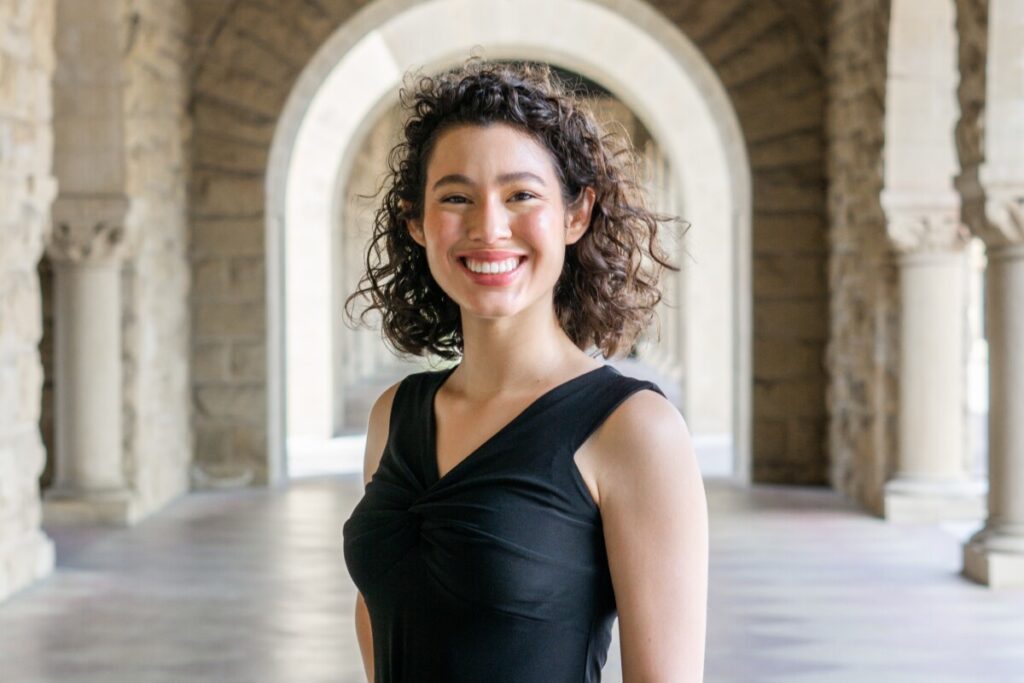
First-year graduate student Becca De Los Santos has been awarded the American Historical Association’s Raymond J. Cunningham Prize, given annually for the best article published in a journal and written by an undergraduate student. She published the prize-winning article, “Inversion of the Top-Down Operation: Enslaved Voices and French Abolitionism in 1840s Senegal,” in the Spring 2024 edition of Herodotus while in her senior year at Stanford University. Her related undergraduate honors work also received accolades. Titled “‘Poor Souls’ and ‘Dangerous Vagabonds’: The Enslaved Pursuit of Liberation in Post-Abolition Senegal, 1848-1865,” her thesis received the Josephine Baker Undergraduate Honors Thesis Prize and the Robert M. Golden Medal for Excellence in the Humanities and Creative Arts at Stanford.
As a first-year doctoral student, Becca is interested in slavery, abolition, and emancipatory trajectories in the nineteenth-century French Empire. In particular, she seeks to examine how individuals negotiated their livelihoods after emancipation through laws and customs. Her geographic areas of interest include Senegal, Réunion, French Guiana, and Guadeloupe. Her faculty advisers are Mariana P. Candido, Adriana Chira, and Clifton Crais.
